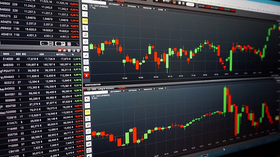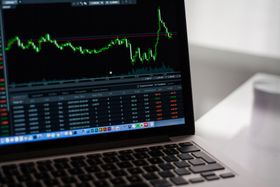What Makes a Stock Price Go and Stay up Without Hype?
Read this post to find out what is behind a stock, how the market fluctuation works, and how the market climate can also affect the stock price.
Published May 12, 2021
Billions of shares of stocks are bought and sold each day, and it's this buying and selling that sets stock prices. Stock prices go up and down when someone agrees to buy shares at a higher or lower price than the previous transaction. In the short term, this dynamic is dictated by supply and demand.
Generally speaking, demand for a stock is driven by how confident investors are about that stock's prospects. In the short term, things like quarterly earnings reports that beat expectations, analyst upgrades, and other positive business developments can lead investors to be willing to pay a higher price to acquire shares. On the flip side, disappointing earnings reports, analyst downgrades, and negative business developments can cause investors to lose interest, thus reducing demand and forcing sellers to accept lower prices.
Long-term investors, as I can identify (maybe you can too), don't care too much about the short-term developments that push stock prices up and down every trading day. When you have many years, or even decades, to let your money grow, what matters is where the company will be in 5, 10, or 20 years from now.
So don’t worry about the news, if it’s good it will hold the price, if it’s only hyped, then pray you don’t lose much money.
Related Articles

Best Practices and Important Principles Traders Need to Know When Buying Stocks
Shir Lapidot
April 21, 2021

How to Build an Investment Portfolio for Retirement
Sofia Thai
April 23, 2021

In Which Countries Is eToro Available?
Andrew Moran
December 22, 2024

Trading Forex With Binary Options in 2022: What You Need to Know
Brokereviews Staff
February 8, 2022

Is the Yokohama Trading Platform in South Africa Legit? (+ Best Alternatives)
Brokereviews Staff
May 2, 2022
